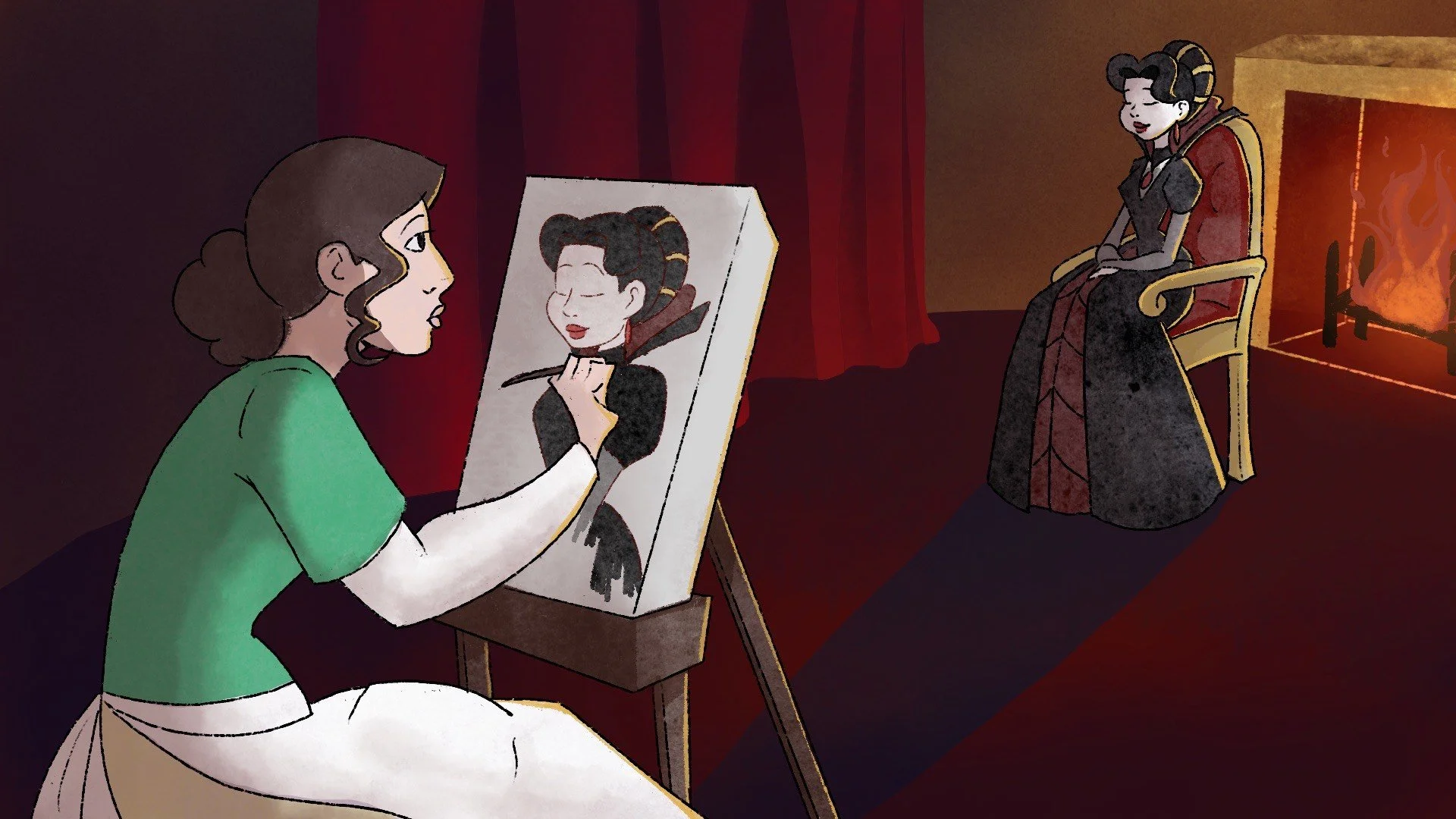If you’re thinking about hiring a composer for your project – whether it’s a game, a commercial, a film or anything else, it’s important to find the right person to work with. There are many composers around, however, unfortunately we are not all the same! As with other industries, there are good ones and bad ones and it’s important to know what to look out for when doing your due diligence and deciding who’s best for your project.
Here are a few things that come to mind, which I hope may help you to detect a bad or inexperienced composer before you’ve signed that contract and have started working together, by which time it may be too late!
1. Listen to their music
This may sound obvious but it a really important thing to do and to do thoroughly. Don’t listen to just a few seconds and don’t just take it at your friend’s word that you should work with someone if you haven’t thoroughly checked them out for yourself.
I'm a strong believer in everyone taking their time to check out a composer's previous works before deciding whether or not to make contact and to explore working together with them. That's why I try to offer various examples of my music across my website. They are there to help people to decide whether or not they think I'd be a good fit for their project or not, so take the time to look around and see if you can get a good sense of the composer(s) you're considering working with and their music.
Notice too, if a composer has experience working in your particular industry and genre - e.g. if you're a game developer - see if there is a music showreel specific to game music, filmmakers - find film music examples you can check out, or podcasters - look for jingles or examples of theme music, podcast intros that could help you get an idea of what could be possible for you and your project.
When considering a composer to work with, listen to as much of their music as you can. Look for variety and check out the range of styles that the composer can do. See if they’re equally as good across the different styles – especially if your project needs different kinds of music or moods within it.
2. Check their credits
Do they have a credit list? If they don’t have one at all, that may be a big warning sign. If they do – have you heard of anything they’ve done? Are there links where you can find out more about the projects? Are they real? Are the projects live and have they been successful? Are they respectable projects?
For those who are curious, here's my credit list. It may help to get a sense of what to look out for. Notice the different types of projects, how many there are, what they visually look like etc.
3. Communication
Notice how well they respond to your queries in terms of the language they use and how quickly they reply. How good are they at understanding your needs and in communicating with you via your chosen medium?
To me, communication is a really key component to having a strong working relationship with any of my clients. I invest time in trying to fully understand what it is that they’re trying to do and achieve from their project and in the music itself. Often my clients will have a certain vision or set of ideas they’ve already thought about for the music and I feel that it’s my duty to bring that vision to life.
I also believe in responding promptly and professionally. It’s important that you can rely on your composer, who for the duration of your project will be effectively, a fellow colleague. If you can’t trust that the work will get done and that it will get done well, then you haven’t found the right person.
4. Testimonials
Check the composer’s website and see if they have any testimonials. When looking at a composer's site and general information, read what people have said about them and even ask people that you know have worked with them if you want a reference. If a composer doesn’t have any positive testimonials on their site – it might be a sign that no one has really enjoyed working with them.
Also check the language and what people who have offered testimonials have said. A testimonial is a bit like a reference for a CV / resume. People won’t usually refuse to give a testimonial but you can usually read between the lines and get a real sense of whether that client is truly enthusiastic about the composer or not.
It can also be useful and interesting to note how many true fans and advocates the composer has. If they have a decent following and people genuinely excited by their work, that’s definitely a good sign.
5. Website
I believe that someone’s website can say a lot about a person. A composer’s website is there as an online gateway into their world and to represent them and their work to the outside world. So – is it organised well? Does it look professional? From looking at their website - is this person someone you feel confident in working with and opening up your project to?
So, there you have my 5 tips on how to detect a bad or inexperienced composer. You may also want to take a look at 6 Ways to Spot a Bad Composer Before it's Too Late and 5 Top Tips for Hiring a Game Music Composer First Time.
About the author: Ninichi is a freelance composer and music enthusiast. She has composed the soundtracks and music to several indie games. Contact her: to explore working with her on your game, film or media project.
Check out examples of Ninichi's game music compositions and soundtracks & read more articles like this on the Ninichi music blog.
Follow her @ninichimusic





















